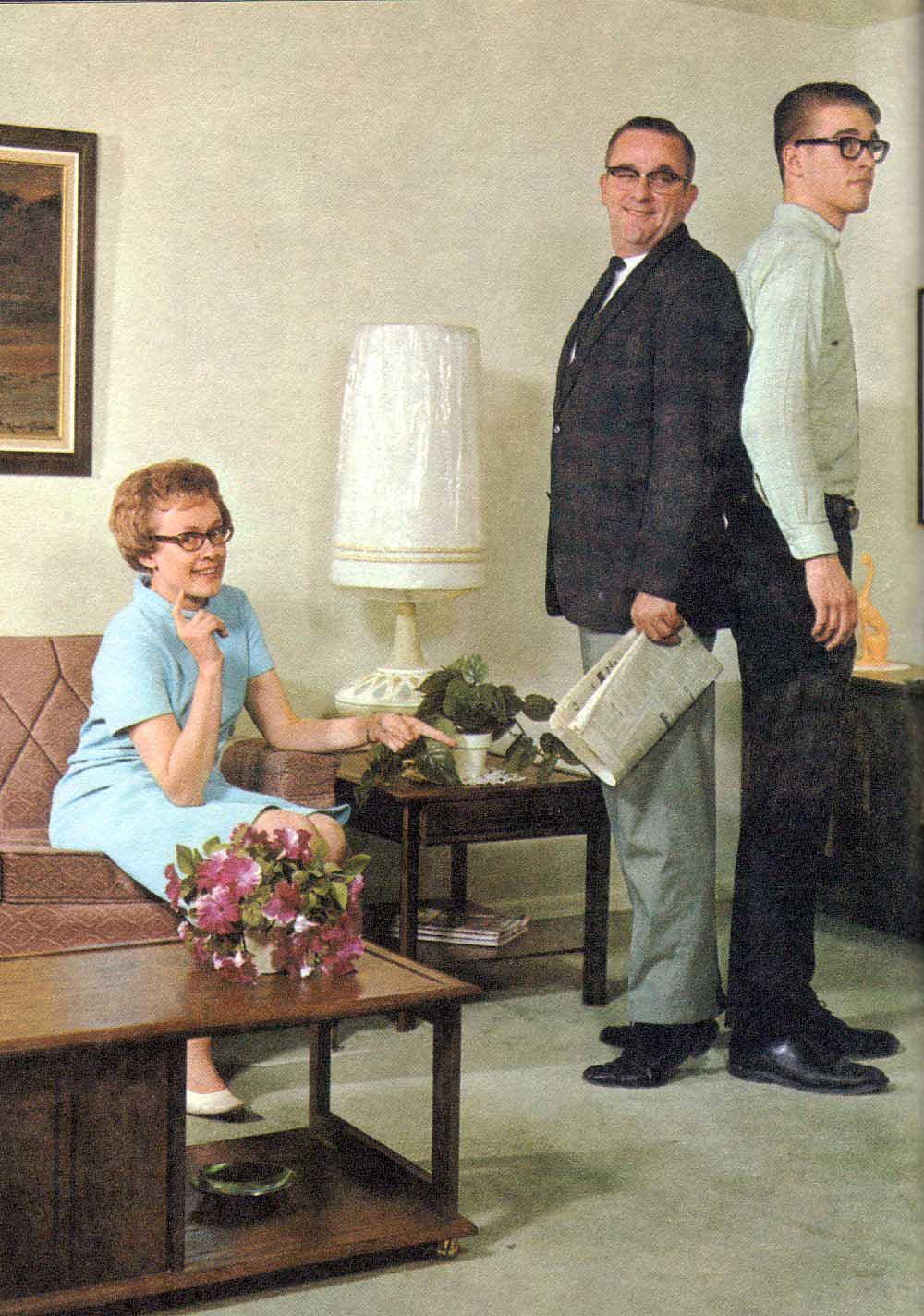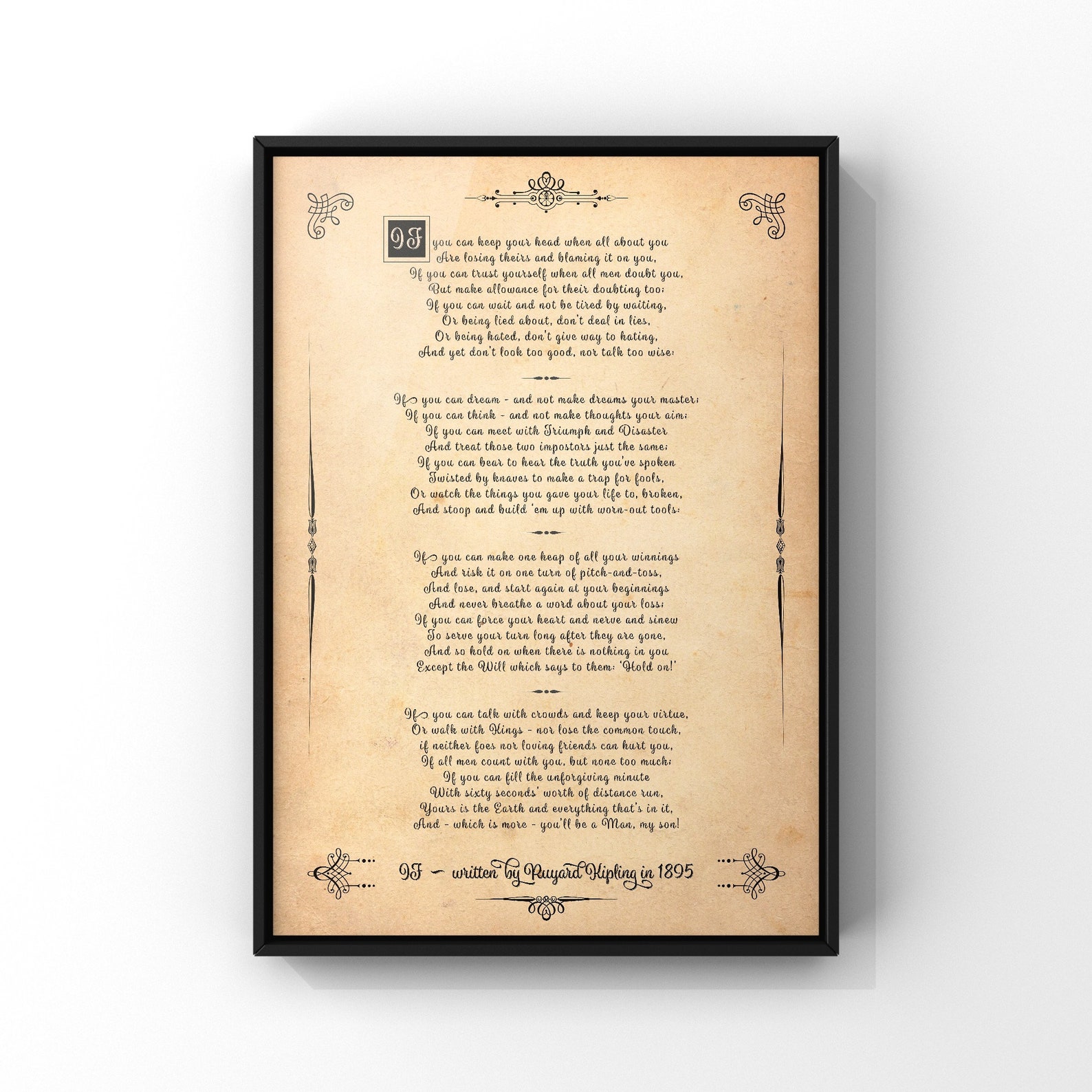
The film tells the story of Jack’s induction and military training depicts the Kiplings’ squirearchal lifestyle at Bateman’s, their Jacobean manor house in Sussex and explores the family tensions over Jack’s brave but foolhardy enlistment. “The Irish nationalism was something I was prepared to sacrifice,” he said. Haig, the family’s reaction to its loss was the strongest component of the drama. The creators of “My Boy Jack” were aware of Kipling’s torturous relationship with the Irish but felt it had to be omitted from the story.

Under these circumstances Kipling must have found it mortifying to discover that Jack’s only military option was an Irish battalion.

He called Dublin a city of “dirt and slop,” and the Irish Home Rule Bill of 1912 an invitation to “Rebellion, rapine, hate,/ Oppression, wrong and greed,” as well as the domination of Ireland by the Roman Catholic Church.

Though many of Kipling’s most popular early characters (Private Mulvaney in “Soldiers Three,” Peachey Carnehan in “The Man Who Would Be King” and Kim in the novel of the same name) are Irish or half-Irish, Kipling grew virulently anti-Irish in response to the rise of the Irish independence movement in the early 1900s. To add to the paradoxes, the film was shot primarily in Ireland with an Irish crew. (Check local listings.) Adapted by David Haig from his play of the same name, the film stars Daniel Radcliffe as Jack Kim Cattrall as Carrie, Rudyard Kipling’s American wife and Mr. The anguish that Kipling inflicted on himself and his family is the subject of “My Boy Jack,” a co-production of the British company Ecosse Films and the ITV network with WGBH, Boston, to be shown as part of the “Masterpiece” series on Sunday on most PBS stations. With tragic inevitability, Jack, who was just 18, was killed in his first military engagement, the Battle of Loos, in September 1915. But never had his conflicted nature caused him so much grief as when he used personal influence to wheedle a commission in the Irish Guards for his severely myopic son John, known as Jack.

IN discussions of Kipling, no word comes up more often than paradox: he was the prophet of both empire and its decline, a white supremacist and a connoisseur of exotic cultures, a fabulist and a master of realistic detail, a friend of the common man and a foe of democracy.


 0 kommentar(er)
0 kommentar(er)
